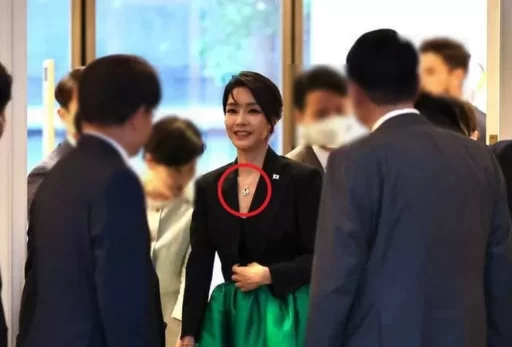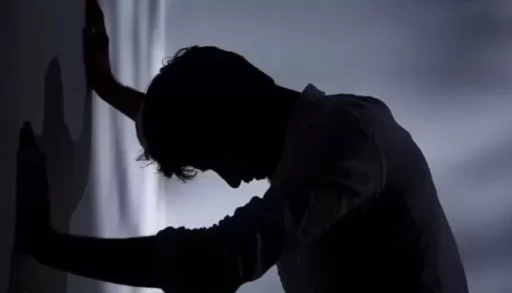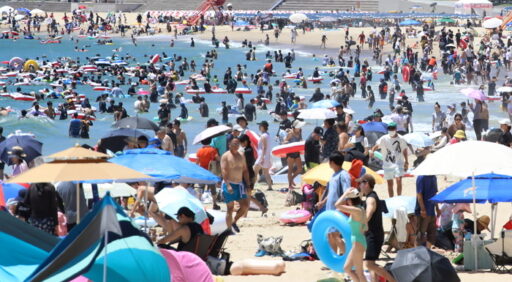This summer, mosquito populations have dried up… Heatwave causes a sharp decline in mosquito numbers
A resident, Mr. A (37), living in Seocho-gu, Seoul, has not used any mosquito repellent or incense this year.
Mr. A stated, "I have been bothered by lovebugs and fruit flies, so I haven't even thought about mosquitoes." He reminisced, "Around this time last year, I remember suffering from mosquitoes every night and had to replace the entire screen. This year, it really seems like the mosquitoes have dried up."
It seems like the mosquitoes have dried up.
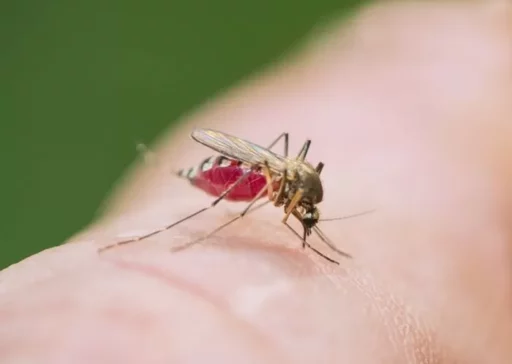
This year, a peculiar phenomenon has occurred where 'summer mosquitoes' have almost disappeared, unlike previous years.
Typically, mosquitoes start appearing in early summer, peak from mid-July to August, but this year, it appears they have vanished due to an early heatwave.
Dramatic decrease in mosquito activity index… Climate change as the cause
According to data from the Seoul city government's "Mosquito Forecast," as of July 25, the mosquito occurrence index remains at a level 2, categorized as 'concern.'
The mosquito forecast is classified into four levels: 'pleasant,' 'concern,' 'caution,' and 'unpleasant.' This contrasts sharply with previous years when the index was usually at 'caution' or 'unpleasant' around mid-July.
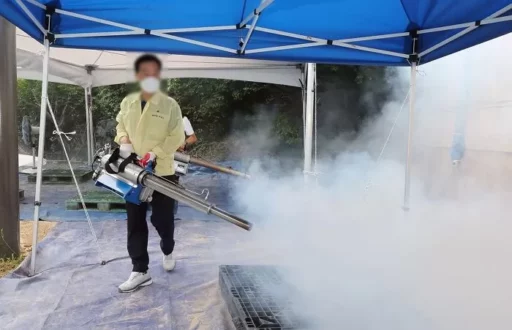
When the mosquito activity index is at '100,' it means that standing outdoors for about 10 minutes at night could lead to getting bitten by mosquitoes more than five times; however, this year, the index is only 38.9.
Looking back at the mosquito activity index over the past week, it slightly rose from 52.8 on July 19 to 65.3 on July 21, then plummeted to 23.1 on July 22.
Heatwaves and heavy rainfall disrupt mosquito habitats
Mosquitoes typically thrive in temperatures between 15 to 30 degrees Celsius. Additionally, a regularly rainy environment rather than heavy rain is favorable for mosquito breeding.
Under normal circumstances, mosquito populations begin to increase from mid-June, peak in mid-August, and then gradually decrease.
However, this year, this pattern has changed significantly. Experts analyze that the historic heatwave, which began in early June and exceeded 35 degrees Celsius by early July, is the main reason for the sharp decline in mosquito populations.
Historic heatwave
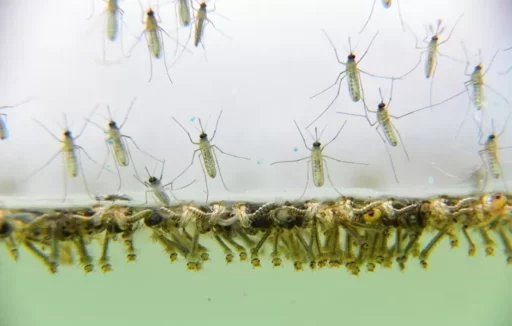
Mosquitoes lay their eggs in stagnant water or puddles, but due to the extreme heat in June and early July, the water dried up, leaving mosquitoes unable to find breeding habitats. Additionally, a shorter rainy season and concentrated heavy rains created an unfavorable environment for mosquito habitation.
In fact, last June, the mosquito activity index soared to '100', whereas this June, it remained consistently below 100.
The day with the highest index this June was the 28th, with a reading of 77.2, and on June 6, it was merely 27.4. Notably, on July 10, the mosquito activity index recorded '0' as well.
Warning for autumn mosquitoes… Check screens for windows and doors
As summer mosquitoes have vanished, warnings about 'autumn mosquitoes' are also emerging. Last year, the alternating occurrences of heatwaves and heavy rain also saw autumn mosquitoes thrive in place of summer mosquitoes.
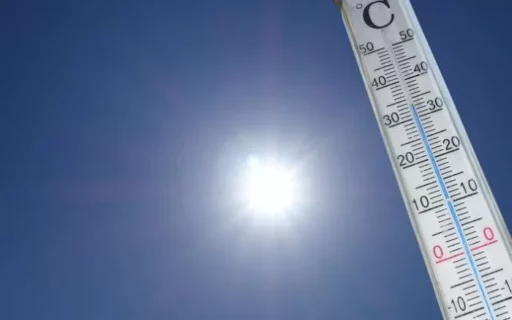
In the previous year, mosquito activity peaked in June but decreased during the hot and rainy months of July and August, before increasing again in late September as temperatures began to drop.
If the mosquito occurrence stage remains at 'concern' (level 2) as it is now, it is advisable to use screens on windows and doors and to avoid ventilation late at night.
Entry points for mosquitoes, such as door and window screens, need repairs, and measures should be taken to eliminate the potential for stagnant water in the area and manage mosquito larvae in outdoor spaces.
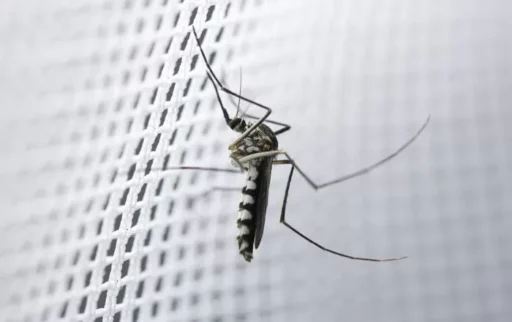
If the mosquito occurrence stage rises to 'caution' (level 3), it is recommended to avoid ventilation by opening entrance doors and windows indoors, and especially to use mosquito nets over baby cribs.
Outdoors, it is advisable to empty and turn over any standing water. If mosquitoes are found around the house, pest control should be conducted with household aerosols.
When engaging in outdoor activities, wearing long sleeves and long pants is preferable, and using mosquito nets for strollers is recommended.
Image source: Reference material for understanding the article / gettyimagesbank. On the morning of August 2, 2022, in front of Seongbuk Children's Water Play Area in Gileum 7 Complex, Seongbuk-gu Mayor Lee Seung-ro and the Saemaul Leaders’ Pest Control Volunteer Corps are conducting a joint sanitation operation to prepare for mosquito-borne infections during the summer. / News1
